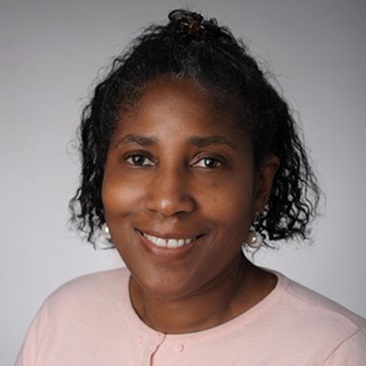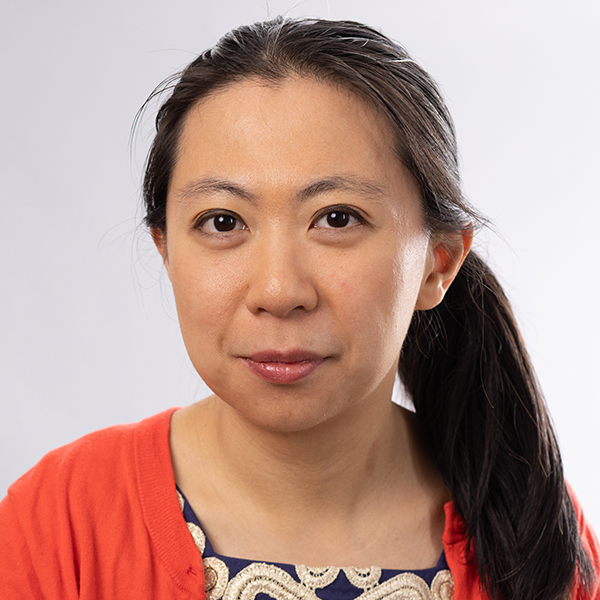full-time faculty teaching and conducting research in political science
of Maxwell faculty conduct research focused outside of the U.S.
graduate students in residence; fewer than 12 admitted each year
Undergraduate Studies
Graduate Studies

I am Maxwell.
Civic engagement is a core value for me. I have always aspired to help the communities I’m from.” Mazaher Kaila, a Maxwell alumna and third-year student at Syracuse University's College of Law, moved with her family from Sudan to Central New York when she was four years old. “I realized that to make meaningful change in society, I needed to understand the systems that power it—government and politics—and that’s insight I would gain by studying political science.”
Mazaher Kaila ’19, L’22
political science, law
Developing-Country Representation and Public Attitudes toward International Organizations: The Case of IMF Governance Reform
Daniel McDowell, David Steinberg, S Erdem Aytaç, Dimitar Gueorguiev
International Studies Quarterly, September 2024
Several prominent international organizations (IOs) maintain decision-making structures that under-represent developing countries. This paper argues that individuals in developing countries are more supportive of engaging with IOs that give a greater voice to fellow developing countries.
We posit that the balance of decision-making power influences support for IOs by improving perceptions of both input legitimacy and output legitimacy. Empirically, we focus on the International Monetary Fund (IMF) and draw on original survey experiments in four developing countries: Argentina, China, South Africa, and Turkey.
Results reveal that increased representation of developing countries increases public support for IMF participation. We also find consistent evidence that this effect works through an input legitimacy mechanism, specifically by improving perceptions of procedural fairness.
These findings suggest that public support for IOs is affected by the balance of decision-making power within these organizations.
Related News
Commentary

Jul 10, 2024
Research

Jul 9, 2024
BaoBao Zhang Joins First Cohort of AI2050 Early Career Fellows
One of only 15 scholars chosen from across the U.S., Zhang will receive up to $200,000 in research funding over the next two years. Zhang will use the funding to partner with the nonprofit, non-partisan Center for New Democratic Processes to test whether public participation in AI governance is increased through the creation of public assemblies, known as “deliberative democracy workshops.”
Baobao Zhang
Assistant Professor, Political Science Department

Developing-Country Representation and Public Attitudes toward International Organizations: The Case of IMF Governance Reform
Daniel McDowell, David Steinberg, S Erdem Aytaç, Dimitar Gueorguiev
International Studies Quarterly, September 2024
Several prominent international organizations (IOs) maintain decision-making structures that under-represent developing countries. This paper argues that individuals in developing countries are more supportive of engaging with IOs that give a greater voice to fellow developing countries.
We posit that the balance of decision-making power influences support for IOs by improving perceptions of both input legitimacy and output legitimacy. Empirically, we focus on the International Monetary Fund (IMF) and draw on original survey experiments in four developing countries: Argentina, China, South Africa, and Turkey.
Results reveal that increased representation of developing countries increases public support for IMF participation. We also find consistent evidence that this effect works through an input legitimacy mechanism, specifically by improving perceptions of procedural fairness.
These findings suggest that public support for IOs is affected by the balance of decision-making power within these organizations.
Related News
Commentary

Jul 10, 2024
Research

Jul 9, 2024



